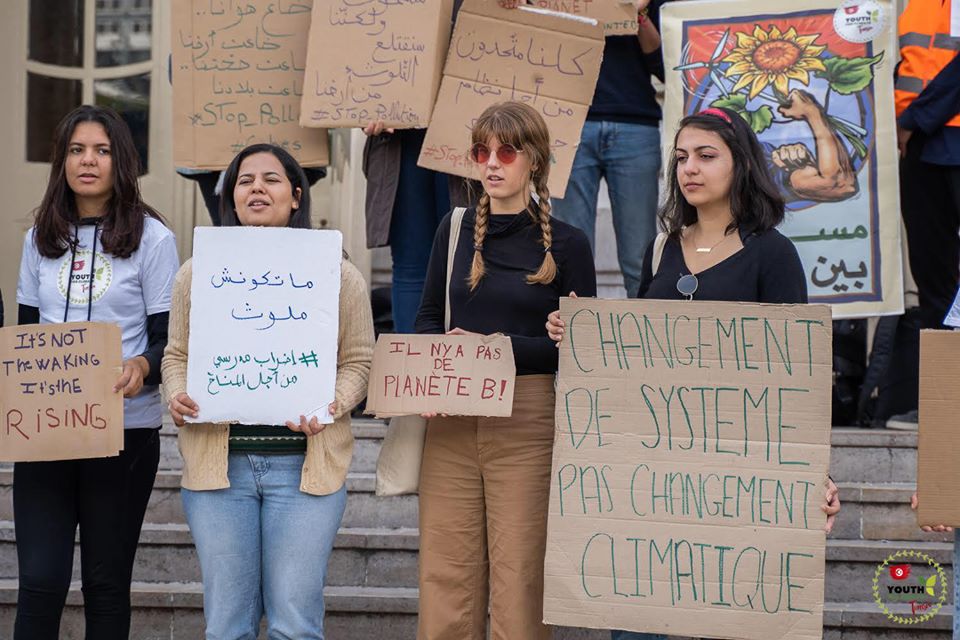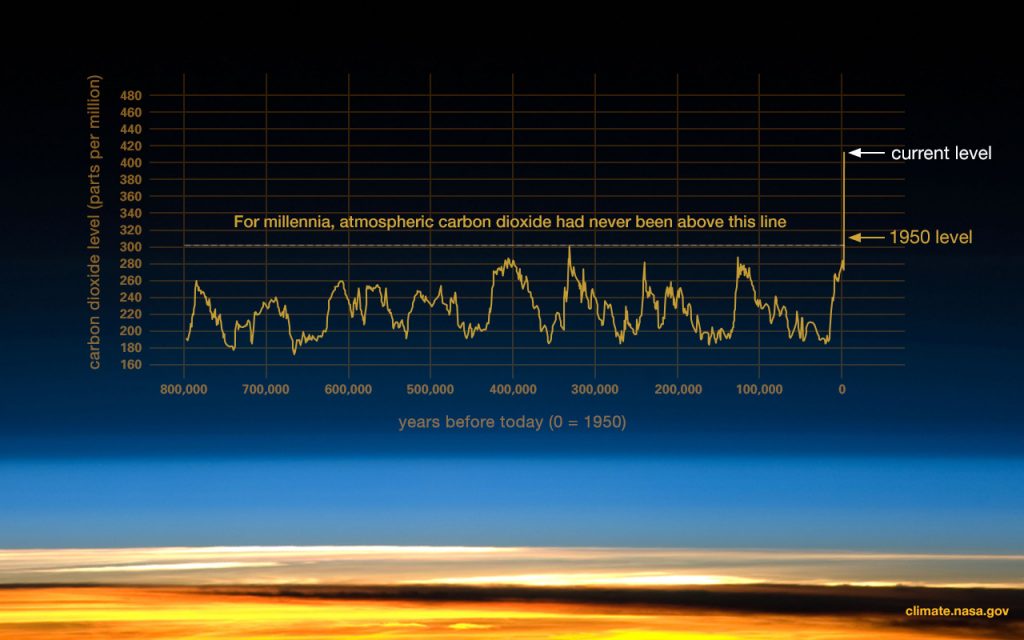When I was a prep school student, I used to go to the Preparatory School of Rejich, which was located near the beach. In our free time, my classmates and I would hang out by the seashore. There was this one place that we used to look at from afar; a small house shrouded with mystery said to be for the fishermen to rest at night. It settled meters away from the water, on a rocky soil above sea level.
We used to create all kinds of stories about it. We looked at it with awe; an edifice that has truly stood the test of time. Growing up, the place epitomized might and resilience. During windy wintery days and through the classroom window, I used to look at how the fishermen’s house stood unwaveringly tall and solid in the face of the angry waves.
Alarming Realization
Last summer, I took a stroll along the beach until I reached the fishermen’s house. I could see that it was engulfed by water and the rocky soil that it once rested upon has now been eroded by the sea waves. I heard people saying it won’t be long until it collapsed, entirely. The sight broke my heart. Sea levels have risen remarkably to the extent that in 13 years, what was safe from the seawater is now resisting an eventual doom. The fishermen’s house, in my small coastal hometown, is a testimony to global warming’s effect on our surroundings; a reminder that climate change is real and most importantly is accelerating at dangerous rates.
Climate Change: A Global Phenomenon
International environmental organizations are constantly sharing with us public scientific data regarding the changes that our planet is undergoing. Despite the abundant evidence that climate change is indeed real, many seem to dismiss the topic entirely. As a matter of fact, at the 2020 World Economic Forum in Davos, Switzerland, President Donald Trump disdainfully portrayed environmental activists as “perennial prophets of doom” whose “predictions of the apocalypse” should be rejected. The mind truly boggles at the lengths to which stakeholders, industrial monopolies, and lobbyists will go to protect their interests at the cost of our planet.
The scientific data presented below is irrefutable. It demonstrates how irreversible the effect of climate change is on our planet.
- The concentration of carbon dioxide (CO2) in our atmosphere, as of 2018, is the highest it has been in 3 million years.
- 2016 was the warmest year on record.
- Eleven percent of the world’s population is currently vulnerable to climate change impacts such as droughts, floods, heatwaves, extreme weather events, and sea-level rise.
- An area of coastal ecosystems larger than New York City is destroyed every year, removing an important buffer from extreme weather for coastal communities and releasing carbon dioxide into the atmosphere.
- Both the extent and thickness of Arctic sea ice has declined rapidly over the last several decades.
Nationally: Climate Change Manifests
In recent years, heatwaves have continued to spiral dramatically across Tunisia with notable new records in the South. Rainfall rates are decreasing, and are expected to plummet to 10% in the Northern West and 30% in the South by 2050. Global warming, causing an increase in sea levels, has also accelerated coastal erosion. Subsequently, 30% of the archipelago of Karkenah is expected to be eroded in the upcoming years.
“Global sea level has been rising over the past century, and the rate has increased in recent decades. In 2014, global sea level was 2.6 inches above the 1993 average—the highest annual average in the satellite record (1993-present). Sea level continues to rise at a rate of about one-eighth of an inch per year.”
American National Ocean Service , National Oceanic and Atmospheric Administration
Tunisian Climate Policies

The Tunisian Ministry of Local Affairs and Environment has vowed to work on decreasing carbon dioxide emissions down to 13% by 2030.
The ministry has, also, announced that it is working on increasing the number of investments in the field of renewable energy by up to 30% by 2030.
Tunisia is considered to be a pioneer in the MENA region in recognizing climate change as a national priority in its constitution. Indeed, the Tunisian government highlights the importance of living in a clean environment where a better life and welfare is ensured for future generations.
Shortcomings
The Ministry’s recognition of climate change as a pressing issue and its intention of creating a more sustainable lifestyle, however, fall short.
In reality, Tunisian climate policies prove to be either scarce, ineffective, or simply inadequate as the country is suffering from a growing number of environmental anomalies. As a reaction to the ineffectiveness of government policies, Tunisia has witnessed a surge in the number of environmental activists and movements.
Rise of Climate Activism: YFCT As An Example

Impressed by the gradual change brought about by young environmental activists worldwide, Rima Rahmani, 16, and Mohamed Jaouadi, 15, are two Tunisian high school pupils who passionately believe in the power of youth and their ability to create change.
The two Tunisian high schoolers, distraught by the government’s reluctance in taking immediate and effective action, decided to start campaigning for the cause by founding Youth For Climate Tunisia (YFCT).
Youth For Climate Tunisia (YFCT)

Youth For Climate Tunisia is inspired by the international movement Fridays For Future, also known as Youth for Climate, Climate Strike, or Youth Strike for Climate. Rima and Mohamed, joined by a growing number of supporters, aim at raising climate change awareness mainly through striking and via their social media platforms. The movement’s first climate strike was organized on September 20, 2019.
The manifestations are not restricted to the capital city, Tunis. Indeed, YFCT founders trust that their impact has reached all 24 states as many of their activists are located in different areas. Additionally, the youth of YFCT campaign through their social media platforms, namely Facebook and Instagram, by sharing insightful climate change-related articles and information.
Reception and Work Atmosphere
At first, the public was reluctant in joining in the strikes or admitting to the factuality of climate change. Such indifference, they claim, results from the staggering lack of awareness about climate change in Tunisia. Thus, raising awareness is at the heart of their movement. Sensitization is one of their ultimate motives.
“Activism has changed our lives […] It is a way to express ourselves and change the perspectives of people who don’t understand how urgent the climate crisis is.”
YFCT founders

The movement works towards building a friendly working atmosphere for all. YFCT activists “see eye to eye” and share the same passion for environmental activism. They have, also, shown the readiness to volunteer in myriad areas, including translation, graphic design, and illustration.
Possible Solutions

YFCT founders believe that true reform lies in the hands of change-makers and leaders – those who are in power. That is why the majority of their strikes and petitions are addressed to them. The YFCT activists propose a number of possible solutions. They suggest that:
- Scientific data regarding global warming should not be overlooked.
- Declaring an international climate change emergency is a necessity.
- All countries should respect the Paris Agreement of COP21.
- World leaders should steer their focus away from international conflicts and rally around to save the future of the planet.
Hope is a Thing With Feathers
Frankly speaking, when I started working on this article, the amount of data I was exposed to filled me with great cynicism. The damage seemed irrevocable. Nevertheless, seeing such a group of young and hopeful people wholeheartedly believe in a cause and passionately fight for it has restored my faith in the possibility of change. We could all stand to be a little more like these youthful activists, inspiring and unwavering.
References
“Ministry of Local Affairs and Environment (Tunisia)”.Devex, www.devex.com/organizations/ministry-of-local-affairs-and-environment-tunisia-131776. (Accessed on 27 January 2020)
“Climate Change and Coastal Erosion.” Climate Change and Coastal Erosion | Climate Change | Discovering Geology | British Geological Survey (BGS), British Geological Survey, 2008, Available at www.bgs.ac.uk/discoveringGeology/climateChange/general/coastalErosion.html (Accessed 27 January 2020).
Chibani, Achref. “تونس: التهديد المناخي على الأبواب.” EcoMENA, 19 July 2018, www.ecomena.org/climate-change-tunisia-ar/ (Accessed 27 January 2020).
Chibani, Achref. “السياسات المناخية في تونس : ناجعة رغم ضعف الإمكانيات.” EcoMENA, 21 Sept. 2019, Available at www.ecomena.org/climate-policy-tunisia-ar/ (Accessed 27 January 2020).
“Climate Change Evidence: How Do We Know?” NASA, NASA, 30 Dec. 2019, climate.nasa.gov/evidence/. (accessed 27 January 2020).
“Climate Change: 11 Facts You Need to Know.” Climate Change – 11 Facts You Need To Know, Available at www.conservation.org/stories/11-climate-change-facts-you-need-to-know. (Accessed 26 January 2020).
“What Is the Paris Agreement.” UNFCCC, Available at unfccc.int/process-and-meetings/the-paris-agreement/what-is-the-paris-agreement (Accessed 25 January 2020).
Cheung, Helier. “What Does Trump Actually Believe on Climate Change?” BBC News, BBC, 23 Jan. 2020, Available at www.bbc.com/news/world-us-canada-51213003. (Accessed 27 January 2020).
IVolunteer International is a 501(c)3 tech-nonprofit registered in the United States with operations worldwide. Using a location-based mobile application, we mobilize volunteers to take action in their local communities. Our vision is creating 7-billion volunteers. We are an internationally recognized nonprofit organization and is also a Civil Society Associated with the United Nations Department of Global Communications. Visit our profiles on Guidestar, Greatnonprofits, and FastForward.



